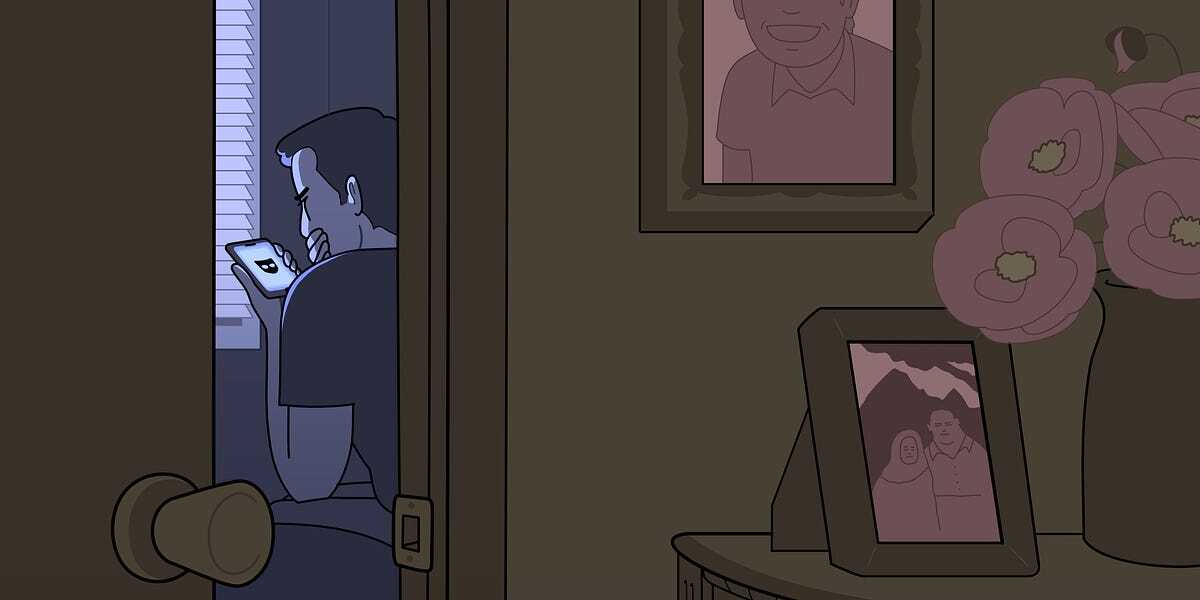In February, Adham, a 20-year-old Palestinian, was visiting his family’s home in the West Bank. One night while scrolling through Grindr, the gay messaging app, he received a message from an anonymous user “hey,” the user wrote, before “tapping,” the platform’s function for expressing interest. The user, like Adham’s, had a blank profile that included only minimal information about his interests and whereabouts, specifying only where he lived. (Drop Site News has changed his name to protect him from retaliation.)
They hit it off and were chatting for a few hours before Adham shared that he was a university student in the West Bank. That prompted the user to share his thoughts on several professors at the university who had recently drawn attention for voicing pro-Palestine views. “He wanted me to be disgusted by them,” Adham told Drop Site. “Why are you trying to convince me that this doctor is a bad person just because he’s against the occupation? It feels weird at first. Just bizarre.” Adham chalked it up to a difference of opinion and the two continued to chat. Eventually Adham sent the user his number so they could message on WhatsApp.
Once the conversation moved off-platform, the user revealed his identity to Adham. “That’s when he said he worked with Israeli intelligence,” he said. Using Adham’s number, the user had identified him and began sending him messages with the names and photos of his family members he had found on their Facebook profiles. Adham hadn’t even shared his name with the user, much less anything that could point him to his family members—he’s not out to his family. “I started crying and I didn’t know what to do,” Adham said.



I thought Israel was a safe space for the lgbt